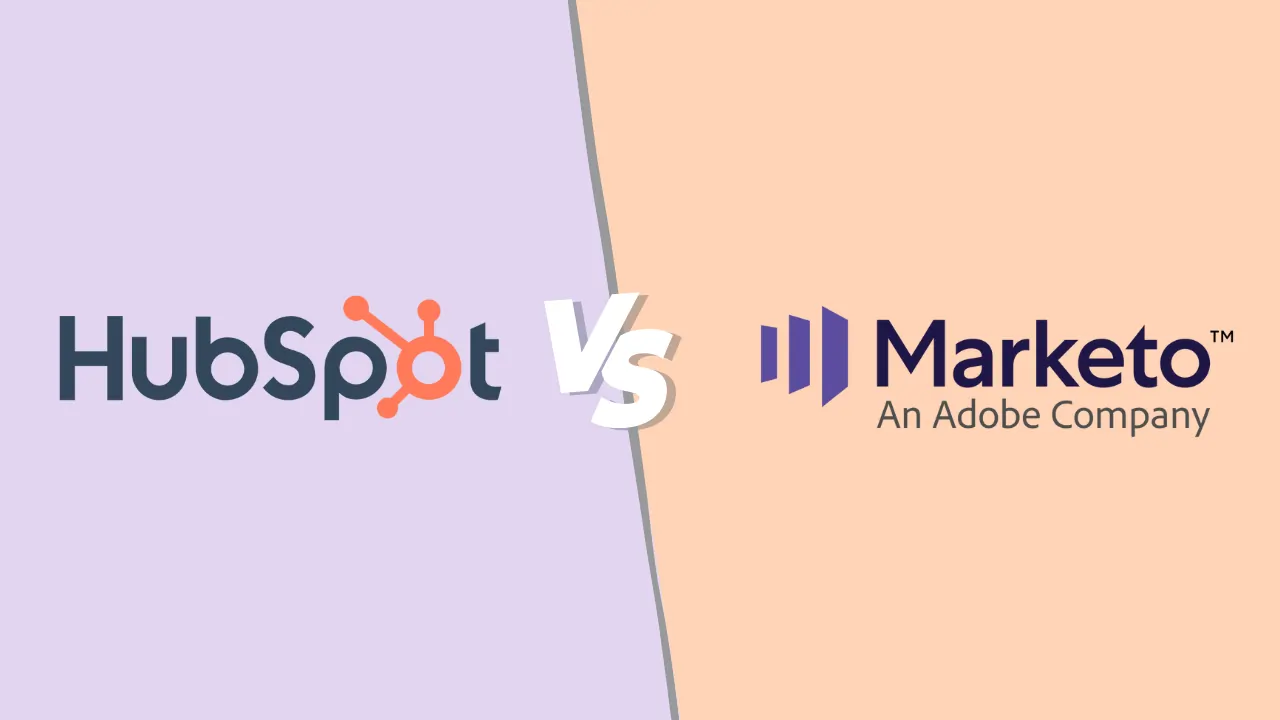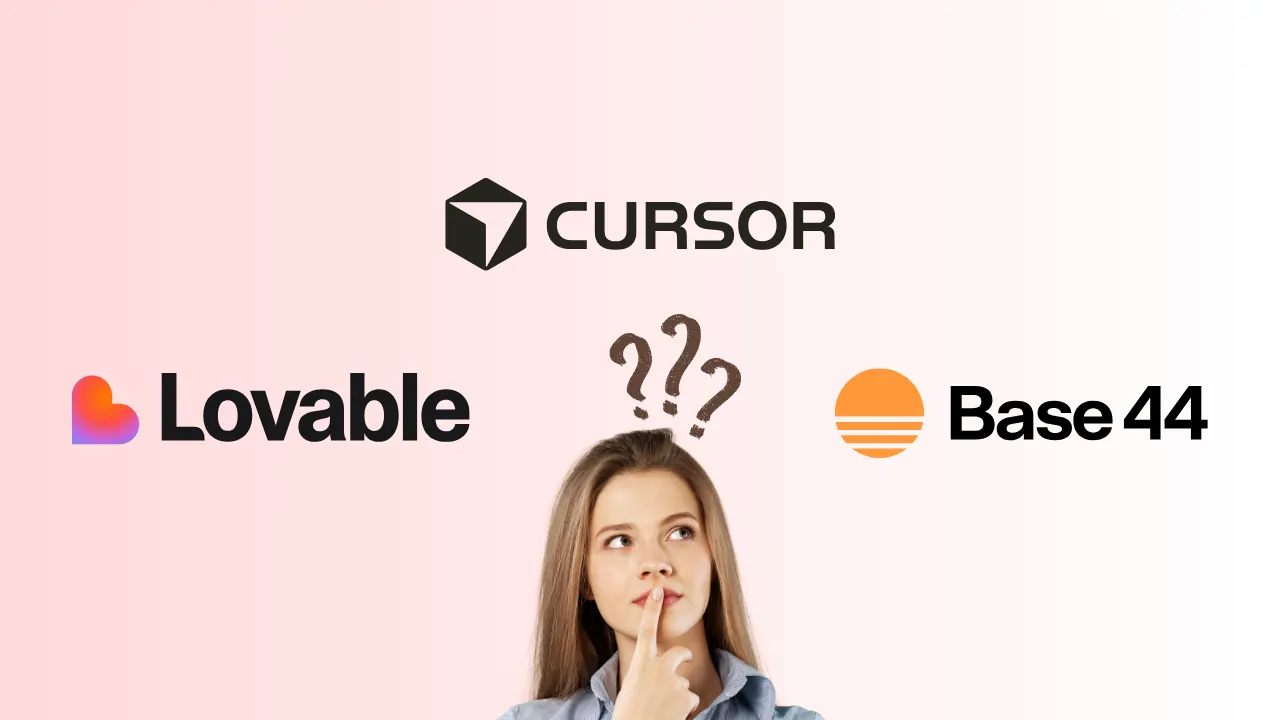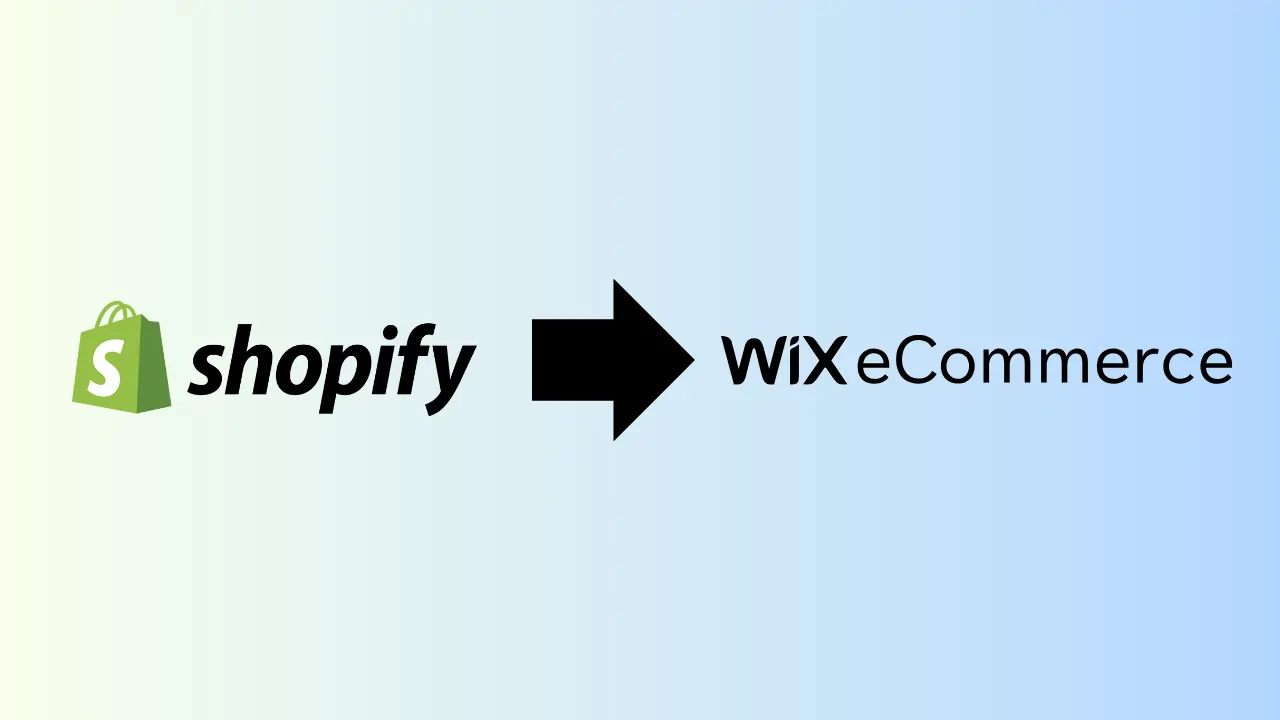How Much a Website Costs in 2026: The Real Numbers

If you’ve been trying to get your business noticed online, you’ve probably wondered, “How much does it cost to build a website, anyway?”
Whether you’re dreaming up a cozy personal blog, a vibrant small business site, or a bustling e-commerce store, understanding the costs is the first step to turning your dream into reality.
From snagging the perfect domain name to choosing the right hosting or crafting your site’s design to keeping it fresh and functional — the journey is full of important choices.
We’ll examine the average website development costs and share some friendly tips to help you budget smartly. We’ll also explore web design and website maintenance and the cost variations among agencies and freelancers, as well as the use of website-building platforms like WordPress and Wix.
How Much Does a Website for a Business Cost?
The cost of a business website varies greatly depending on its complexity, customization, and the type of business you’re launching. The choice between agencies, freelancers, or DIY platforms like Hubspot and Squarespace also impacts the cost.
Agencies are typically more expensive but offer comprehensive services, while freelancers may be more affordable and personalized. DIY platforms provide a budget-friendly but more hands-on approach.
The design of your website is also a huge factor, but the average cost of website design for a small business is very different from that of an enterprise. Understanding these factors helps estimate the investment needed for a compelling business website.
Here’s a quick breakdown:
| Type of Website | Typical Cost | What You Get |
| Personal websites | $100 to $3,000 | Basic hosting, domain registration, and a simple template or theme. Minimal customization and basic content. |
| Small business websites | $1,000 to $10,000. | Professional theme or custom design, more robust hosting, domain registration, basic SEO, and essential features. |
| Mid-range business websites | $10,000 to $45,000 | More functionality like social media integration, responsive design, and content management systems like WordPress. |
| E-commerce websites | $5,000 to $40,000+ |
Includes shopping carts, payment systems, and customer management. |
| Custom and large business Websites | $45,000 to $100,000+ | For extensive customization and advanced features. |
| Ongoing costs | $200 to $5000+ annually | Annual maintenance, updates, hosting, and domain fees. |
Business Website Costs
Purpose: Showcase services, company info, contact details.
| Approach | Estimated Cost | What’s Included |
| DIY (Wix, Squarespace) | $100 – $400/year | Hosting, domain, templates, drag-and-drop builder |
| Freelance Dev | $1,000 – $5,000 | Custom design, WordPress CMS, basic SEO, contact forms |
| Agency Build | $5,000 – $15,000+ |
UX/UI design, brand strategy, animations, CMS, analytics, SEO setup |
E-Commerce Website Costs
Purpose: Sell products online with payment, shipping, and inventory management.
| Approach | Estimated Cost | What’s Included |
| DIY (Shopify, Wix, Woo) | $300 – $2,000/year | Storefront, product pages, cart, SSL, payments |
| Freelance Dev | $2,000 – $10,000+ | Custom theme, plugin integration, tax/shipping setup, SEO |
| Agency Build | $10,000 – $50,000+ |
Advanced features (subscriptions, CRM, ERP), mobile optimization, full QA |
Portfolio Website Costs
Purpose: Showcase creative work or resume — great for artists, designers, freelancers.
| Approach | Estimated Cost | What’s Included |
| DIY (Squarespace, Wix) | $100 – $300/year | Portfolio templates, image galleries, contact form |
| Freelance Dev | $500 – $3,000 |
Custom layout, animations, SEO, responsive design |
SaaS or Web App Costs
Purpose: Provide an interactive online tool or app (e.g., CRM, booking tool).
| Approach | Estimated Cost | What’s Included |
| MVP (Freelancer/Low-code) | $5,000 – $20,000 | Core features, user login, backend logic |
| Full Custom Build (Agency) | $25,000 – $100,000+ |
Full-stack development, APIs, dashboards, scalability, security |
How Much Does a Website Builder Cost?
Website builders offer a user-friendly way to create and manage a website without extensive coding knowledge.
Website hosting costs and benefits vary depending on the provider and plan you choose. Still, they can really simplify the process and usually enable you to reach a finished product faster. Also, they’re often cheaper than hiring developers or buying separate hosting and domain services.
What’s Included
- Domain name: Some plans include a free domain name for the first year.
- SSL certificate: Essential for security, especially for e-commerce sites, often included in all plans.
- Storage and bandwidth: Varies by plan, accommodating everything from basic blogs to large online stores with significant traffic.
| Plan type | Typical Cost | What You Get |
| Basic plans | $5 to $15 /month | Simple personal sites |
| Advanced plans | $20 to $40+ /month | Include business or e-commerce functionalities |
| High-end plans | $100 to $500+ /month | Full customization and additional features |
Benefits of Using a Website Builder
- Ease of use: Drag-and-drop interfaces make it simple for anyone to design and update their website.
- Templates and design options: Many builders provide a range of templates that can be customized to fit your brand and style.
- Integrated features: Common features include SEO tools, e-commerce capabilities, and social media integration, all managed from one platform.
- Support and hosting: These services usually include web hosting, technical support, and security updates, simplifying website management.
Top Website Builders
Selecting the right platform is essential for optimizing your website’s function, efficiency, and appearance. Here are ten top website builders that offer ease of use and robust optimization tools to improve your online presence.
 Choose from 800+ designer made templates
Choose from 800+ designer made templates  1000+ innovative small business features
1000+ innovative small business features  Over 3M already chose web.com
Over 3M already chose web.com  Award-winning software
Award-winning software  Used by millions of businesses across the globe
Used by millions of businesses across the globe  Fully customizable, user-friendly interface
Fully customizable, user-friendly interface Choosing a website builder makes launching and maintaining a website easier. It’s an appealing option for individuals and businesses looking to establish an online presence quickly and efficiently.
Cost Distribution of Building a Website
Suppose you decide to build a customized site independently of proprietary website-building software. In that case, you’ll need to know how much to spend to manage your budget and ensure a successful online presence. This will help you determine where you can cut down on costs and where to invest.
Here’s an estimated look at how that budget could be distributed.
|
Website Features |
Cost |
| Software Needed |
$0 to $25,000 per month
|
| Web Hosting | $30 to $500 per year |
| Domain Registration | $0 to $25 per year |
| Theme or Template | $0 to $100 one-time fee |
| SSL Certificate |
$0 to $250 per year |
| Professional Web Design | $500 to $15,000 and beyond |
| Extensions | $0 to $200 per extension |
| Website Maintenance | $400 to $50,000 per year |
| Brand Marketing | $50 – $10,000 and beyond per year |
The Software Needed
Your first decision will be choosing the right software for your website, as this can significantly impact your budget. Deciding between open-source and website-building software depends on your business needs, budget, and technical expertise.
Open source offers more flexibility at the expense of a steeper learning curve, while proprietary software provides convenience and support but might limit your site’s uniqueness.
Open Source Software
- This type of software is free to use, modify, and distribute. Examples include WordPress, Joomla, and Drupal.
- Often, has no upfront cost but may require more technical knowledge to customize and maintain, which will entail hiring professional developers.
- To achieve a specific functionality or design, you may need to invest in premium themes, plugins, or developer expertise.
Proprietary Website Building Software
- Platforms like HubSpot, Wix, or Squarespace fall into this category.
- These come with a subscription fee but offer a more user-friendly experience with less technical setup.
- Prices can range from a few monthly dollars for basic plans to several hundred for advanced features and support.
- Often includes hosting, security updates, and customer support, simplifying the website management process.
Cost of Web hosting
Web hosting is a fundamental component of any website, as it’s where your site’s files and data are stored for access over the internet. If you’re using website builders, that cost will be factored in, but if you go for an open-source solution, you’ll need to pay for web hosting separately.
The cost of web hosting can vary significantly depending on the type of hosting service you choose.
|
Shared Hosting |
$2 to $15 /mo |
Suitable for small websites and blogs |
|
Virtual Private Server (VPS) Hosting |
$20 to $100 /mo |
More resources and better performance |
|
Dedicated Hosting |
$80 to $200+ /mo |
Extensive resources and control |
|
Cloud Hosting |
$10 /mo increases with site needs |
Flexible and scalable, charges based on the resources you use |
Selecting the right hosting service is crucial for ensuring your website’s reliability, speed, and security. Here are the leading web hosting services that provide user-friendly interfaces and strong performance features to boost your site’s functionality and online presence.
Top 5 Website Hosting Services:
 Rapid speed servers
Rapid speed servers  No max. on domains & websites
No max. on domains & websites  Winners of the "Exceptional Customer Service" Stevie® Award
Winners of the "Exceptional Customer Service" Stevie® Award  Superior performance & load times
Superior performance & load times  30 day money-back guarantee
30 day money-back guarantee  Automatic 1-click WordPress installation
Automatic 1-click WordPress installation  99.99% uptime guarantee
99.99% uptime guarantee  Free SSL certificate
Free SSL certificate  Automatic WordPress installation
Automatic WordPress installation  Free SSL Certificate
Free SSL Certificate Cost of Domain Registration
The cost of domain registration varies based on the type of domain you choose. Renewal rates typically mirror the initial cost, with added fees for services like privacy protection.
Your domain name cost depends on the availability of options that suit your business name. Choosing a domain involves balancing brand impact and cost to fit your budget and strategy. Here are your options:
|
Standard domains |
$10 to $20 /yr (Promotions may lower this initially) |
Common top-level domains like .com, .net, and .org |
|
Specialty domains |
$30 to $100+ /yr |
Niche top-level domains such as .tech or .store |
|
Premium domains |
$100 to $2000+ /yr |
Highly desirable names, especially in secondary markets |
Best Domain Registration Platforms
 Mobile app to manage your website
Mobile app to manage your website  FREE domain for the first year
FREE domain for the first year  Winners of the "Exceptional Customer Service" Stevie® Award
Winners of the "Exceptional Customer Service" Stevie® Award  Superior performance & load times
Superior performance & load times  Automatic WordPress installation
Automatic WordPress installation  Free SSL Certificate
Free SSL Certificate  99.9% uptime guarantee
99.9% uptime guarantee  Free SSL certificate
Free SSL certificate A website’s additional costs
Cost of Theme or Template
The cost of a theme or template for your website depends on the platform you’re using and the level of customization you need:
Selecting a suitable theme or template is crucial for achieving your website’s desired appearance and functionality within your budget.
|
Free Themes |
$0 initial cost |
A wide range of free themes that are suitable for basic websites |
|
Premium Themes |
$30 to $100 |
More features, customization options, and often better support than free themes |
|
Custom Themes |
$500 to $2000+ |
Unique look and specific functionality, depending on designer expertise and your requirements |
Cost of SSL Certificate
SSL certificates are essential for securing your website and protecting user data. Many hosting providers include a free basic SSL, while premium options offer enhanced security for e-commerce or sensitive data sites.
Their costs vary:
|
Basic SSL Certificates |
$10 to $50 /yr |
Free options are available |
|
Organization-Validated (OV) SSLs |
$50 to $200 /yr |
Higher security and validation |
|
Extended Validation (EV) SSLs |
$100 to $500+ /yr |
Maximum security and trust |
Cost of Professional Web Design Services
The average cost of website design can vary widely depending on the complexity of the design, the designer’s expertise, and your website’s specific needs.
To estimate your web design pricing, you’ll need to consider your aesthetic vision versus your budget in order to create an effective and engaging online presence.
|
Basic Web Design |
$500 to $2,000 |
simple, template-based designs. Ideal for small businesses or personal sites with standard functionality |
|
Custom Web Design |
$2,000 to $10,000+ |
Tailored to your brand and functionality requirements, depending on the complexity and unique features required |
|
High-End & Enterprise Solutions |
$10,000+ |
For large businesses or highly specialized sites, incorporating advanced features, interactivity, and bespoke elements tailored to specific industry needs |
Please add “best web design software” (based on our comparison page)
Choosing the right web design software is essential for achieving your website’s aesthetic, functionality, and user experience goals.
The top web design tools offer intuitive interfaces and powerful features to help you effectively create, manage, and refine your digital presence.
Top Web Designing Software:
 Intuitive design & prototyping capabilities
Intuitive design & prototyping capabilities  Collaborate in real-time & streamline design workflow
Collaborate in real-time & streamline design workflow  Create responsive designs for any device
Create responsive designs for any device  Intuitive visual editing & code-editing capabilities
Intuitive visual editing & code-editing capabilities  Design responsively with Auto Layout
Design responsively with Auto Layout  Automate your work with Plugins & Widgets
Automate your work with Plugins & Widgets  Mash up multiple landscapes & swap skies
Mash up multiple landscapes & swap skies  Change your age, expression, or pose
Change your age, expression, or pose  Seamless design powered by drag & drop
Seamless design powered by drag & drop  Build content rich websites with an intuitive CMS
Build content rich websites with an intuitive CMS Cost of Additional Extensions
Additional extensions and plugins can enhance your website’s functionality but come at varying costs. Carefully selecting extensions based on your site’s needs can optimize functionality.
|
Free Extensions |
$0 |
Many basic extensions are free and offer essential features. |
|
Premium Extensions |
$5 to $200+ |
For more specialized functionality. Can include advanced SEO tools, e-commerce capabilities, and custom integrations |
|
Subscription-Based Extensions |
$10 to $100 /mo |
Depending on the complexity and support provided |
Cost of Website Maintenance
Website maintenance is essential to keep your site secure, functional, and up-to-date. Regular maintenance ensures your website remains effective, secure, and aligned with your business objectives. It also ensures that the user experience is optimized to increase customer retention.
Website maintenance costs vary depending on the scope and frequency of the services required.
|
Basic Maintenance |
$50 to $100 /mo |
For small websites: Includes updates, backups, and minor fixes. |
|
Comprehensive Maintenance |
$100 to $500 /mo
|
Medium to large sites require frequent updates, security monitoring, and technical support. |
|
Advanced Maintenance |
$500 + /mo |
For large-scale or high-traffic websites with custom features, ongoing development, and dedicated support |
Cost of Website Marketing
The cost of website marketing can vary widely based on the strategies employed and the scale of the campaigns.
Effective marketing involves a mix of these strategies tailored to reach and engage your target audience, driving traffic and conversions.
|
Basic SEO & Content Marketing |
$500 to $2,000 /mo |
Initial efforts to optimize for search engines and produce regular content. |
|
Social Media |
$200 to $1,500 /mo |
Depending on the level of engagement and content creation involved. |
|
Paid Advertising PPC (Pay-Per-Click) |
$300 to $10,000 + /mo |
On platforms like Google Ads or social media. This cost can increase significantly based on the scale and competitiveness of the keywords. |
|
Email marketing |
$20 to $1,000 /mo |
Depending on the size of your email list, campaign frequency, and features of the email marketing platform used. |
|
Comprehensive Marketing Strategies |
$2,000 to $10,000+ /mo |
Integrating SEO, content marketing, social media, email campaigns, and paid advertising for a full-scale approach. |

How to Budget for Your Website
Budgeting for your website enables you to balance cost with functionality, ensuring you get the best value while meeting your online goals.
By carefully planning and reviewing each step, you can create a realistic budget that supports your website’s success while managing costs efficiently.
-
Define Your Website Objectives
Start by outlining what you want your website to achieve. Whether generating leads, selling products, or providing information, your goals will guide the features and complexity needed.
-
Identify Essential Components
Determine the must-have elements such as domain registration, hosting, design, content, and specific functionalities like e-commerce capabilities or integrations. -
Research Costs
Gather information on the typical expenses for each component. Consider different providers and their range of services to understand where you can get the best value. -
Set Priorities
Decide where to allocate more of your budget based on what will have the most significant impact on your goals. For instance, invest more in design and user experience if branding is crucial, or prioritize marketing and SEO for lead generation. -
Plan for Ongoing Costs
Remember to include recurring expenses like hosting, maintenance, updates, and marketing in your budget. This ensures your website remains secure, up-to-date, and effective over time. -
Leave Room for Flexibility
Unexpected costs can arise, so it’s wise to have a contingency fund, approximately 10-20% of your total budget, to address these without disrupting your plan.
Comparing DIY vs. Professional Web Development
If you decide to build your website independently of proprietary website builders, you must choose between DIY and professional web development. The average cost of website design for small businesses depends on your budget, technical skills, and specific needs. Here’s a comparison to help you make an informed decision:
DIY Web Development
Cost: DIY website costs typically range from free to a few hundred dollars, primarily for hosting, domain registration, and premium themes or plugins.
- Pros: Cost-effective, allows complete control over the process, and is ideal for those with limited budgets or simple website needs.
- Cons: It requires more time and effort to learn and implement, is limited by your technical skills and design expertise, and may result in a less polished final product.
- Best for: Small personal projects, blogs, and businesses with basic needs and a hands-on approach.
Professional Web Development
Cost: Can range from $1,000 to over $100,000, depending on the complexity, custom features, and level of expertise required.
- Pros: Delivers a high-quality, professional result with custom design and functionality tailored to your specific needs. Includes expert advice and ongoing support.
- Cons: More expensive and involves relying on external teams, which may lead to longer timelines and less direct control over the process.
- Best for: Businesses requiring a robust, scalable website, those with complex needs (like e-commerce or extensive integrations), or anyone looking for a polished, professional online presence.
Ultimately, the choice between DIY and professional development should align with your budget, timeline, and how critical the website is to your overall business strategy.
Balancing Cost and Value in Web Development
Finding the right balance between cost and value in web development is crucial for long-term success. Investing wisely in your website ensures it serves its purpose effectively without draining resources. Key points to remember include:
- Understand Your Needs: Clearly define what you need your website to accomplish. This will help you avoid overspending on unnecessary features and ensure you invest in areas with the highest returns.
- Choose the Right Tools: Opt for solutions that offer the best mix of functionality and cost. Whether it’s selecting a website builder, CMS, or custom development, align your choices with your business goals and budget.
- Focus on ROI: Measure the return on investment by tracking how website improvements increase traffic, better engagement, and higher conversions. This perspective helps justify the initial and ongoing costs.
- Seek Scalability: Plan for a website that can grow with your business. Starting with a scalable foundation prevents costly overhauls as your needs evolve.
- Embrace Continuous Improvement: Regular updates and optimizations keep your website competitive and cost-effective in the long run.
Maintaining this balance allows you to create a website that meets your current needs and powers future growth and success.
Hypothetical Studies of Possible Website Projects
These case studies illustrate how different businesses can effectively manage website costs while achieving their desired outcomes, balancing upfront investment with long-term benefits.
Case Study 1: Small Business E-commerce Site
Business type: Local boutique specializing in handmade crafts.
- Initial needs: An easy-to-navigate e-commerce platform with secure payment options, a blog, and integration with social media.
- Approach: The business opted for a mid-range Shopify plan to leverage built-in e-commerce functionalities and a premium theme to ensure a unique look. They created the blog and product descriptions in-house.
- Total cost: The setup cost was $2,500 for the theme customization and initial setup, with an ongoing cost of $79 per month for the Shopify plan. Additional expenses for marketing and SEO services averaged $500 per month.
Outcome: The website successfully launched within two months, leading to a 30% increase in online sales and significant local market penetration.
Case Study 2: Professional Services Firm Website
Business type: Medium-sized legal firm needing a robust online presence.
- Initial needs: A high-quality, informative site with client portals, detailed service descriptions, and a secure contact form.
- Approach: The firm hired a web development agency to create a custom WordPress site. Key features included a client login area, an integrated blog, and professional SEO optimization.
- Total cost: The development cost for the custom design and functionality was $15,000. Ongoing maintenance and SEO efforts were set at $1,000 per month.
Outcome: The launch enhanced the firm’s credibility and client engagement, with a measurable increase in client inquiries and retention within the first six months.
Final Thoughts: Navigating the Waters of Website Costs
Building or upgrading your website can feel like navigating through uncharted waters. But with the right map in hand — knowledge of costs and an eye for value — you can sail smoothly towards your destination.
Remember, your website is more than just a digital space — it’s the heart of your online presence, a place where your brand comes to life and your customers can feel at home.
Keep your goals focused, choose tools and services that offer the best bang for your buck, and don’t be afraid to start small and scale up.
Every step you take is an investment in your digital future, so measure your progress and adjust your sails as needed.
With a bit of planning and a lot of passion, you’ll find that perfect balance between cost and quality, making your website a beacon for your audience.
FAQs
Q: How much does a basic website cost?
A: A basic website typically costs between $100 and $3,000, including domain registration, hosting, and a simple theme or template.
Q: What factors influence the cost of a website?
A: Key factors include the type of website (e.g., personal, small business, e-commerce), design complexity, functionality, and ongoing maintenance and marketing costs.
Q: Is it cheaper to build a website myself or hire a professional?
A: DIY websites can be cheaper upfront, usually costing under a few hundred dollars, while professional web development starts at around $1,000 and can go much higher based on complexity and customization.
Q: Why do people use website builders?
A: People use website builders for their simplicity and cost-effectiveness. They allow easy creation of professional websites without coding. These platforms offer user-friendly interfaces, templates, and built-in tools like SEO and e-commerce.




















